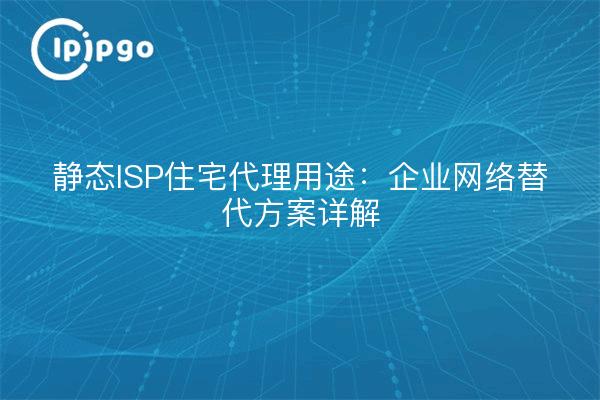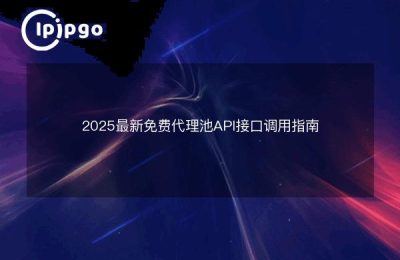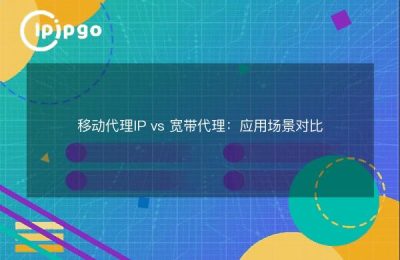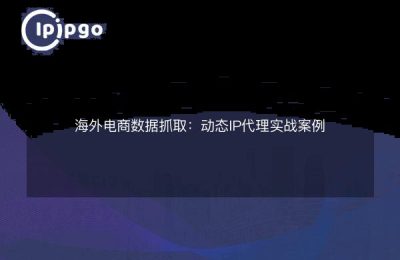
How Static ISP Residential Agents are the New Choice for Business Networks
When the enterprise branches need to work together in multiple locations, the traditional private line network often faces the problem of long deployment cycle and high maintenance costs. At this time, based on the static ISP residential agent network program, is becoming a new choice for flexible deployment of enterprises.
Three major pain points of traditional enterprise networks
There are obvious shortcomings in companies building their own networks:
| Deployment cycle | Dedicated applications often take 30-60 working days |
| cost component | Hardware purchases + fixed bandwidth costs account for more than 70% |
| Geographical coverage | Repeated deployment processes are required for cross-country node expansion |
An e-commerce company has feedback, its Southeast Asia business network took 4 months, only fiber laying accounted for 45% of the budget.
Core Benefits of Static Agents
This can be achieved through ipipgo's static residential proxy:
Real Family IP Properties - Each IP corresponds to an entity's broadband account, avoiding data center IPs from being identified as bulk accesses
Fixed Outlet Characteristics - Single-task binding to fixed IPs to maintain network fingerprint consistency
Protocol compatibility - Support HTTP(S)/SOCKS5 multiple access methods, adapt to different business systems
Typical Application Scenario Analysis
1. Distributed Office Networking: Technical teams form a virtual intranet with static IP access in different cities
2. Multi-location data synchronization: Setting fixed IP segments in the ipipgo backend to realize timed communication across regional servers
3. Localized Verification Testing: Use the home IP detection service response in the target area to avoid geographic bias
Implementation of the four-step approach to deployment
1. Log in to the ipipgo console and create an "Enterprise Group".
2. Selection of country/city-level static IP resource pools
3. Configure whitelist access policy (CIDR format supported)
4. Generation of proprietary authentication information for distribution to members
A logistics company used this method to complete the network deployment in 12 cities in 3 days, which is 20 times faster than the traditional solution.
Frequently Asked Questions QA
Q: Will static IPs be more likely to be blocked?
A: ipipgo's residential IP comes from real home broadband, with reasonable request frequency control, the probability of blocking is lower than data center IP 83%
Q: How quickly can employees in multiple locations be accessed?
A: Provide all-platform client support, employees can automatically connect to the designated node after downloading and entering the assigned authentication information.
Q: Are existing VPN devices compatible?
A: Supports interfacing with existing VPN gateways via SOCKS5 protocol, retaining the original access control policy
By integrating ipipgo's global residential IP resources, organizations can rapidly build resilient network architectures. This solution is particularly suitable for medium-sized enterprises and multinational project teams that need to flexibly adjust the distribution of nodes, while ensuring network stability and reducing deployment costs to 1/5 of traditional solutions.








